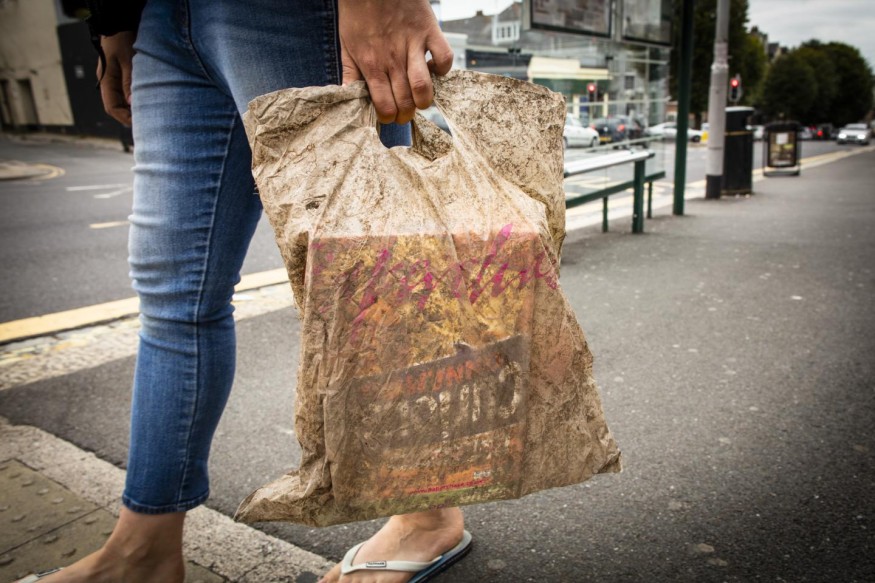
Campaigners are calling to ban or increase the price of reusable plastic bags after a new report revealed that it worsens the plastic waste problem in the United Kingdom.
Through introducing the reusable plastic bags which are sometimes called bags-for-life, the major supermarket chains in the UK pledged to reduce plastic waste. However, the Environmental Investigation Agency (EIA) and Greenpeace revealed that out of the 10 major supermarkets, seven of them have increased plastic footprint year-on-year.
These supermarkets have an estimated plastic footprint of 903,000 tons, which is around 17,000 tons higher compared to 2017. It surged even more by 26 percent or at least 1.5 billion in the following year. That is around 54 bags per household.
"We should ban this."
Because of this, activists are calling for changes in this supposedly eco-friendly plastics.
The ocean campaigner at EIA, Juliet Phillips, said that it shocked her to see that plastic waste used by the big supermarkets has increased after all those campaigns and endeavors against the pollution crisis.
They suggested increasing the price of reusable bags to 70 pence ($0.90), as the same strategy caused a reduction of 90 percent in Ireland.
However, banning it completely is the ideal solution, the campaigners claimed.
Although more durable than single-use plastic bags, reusable plastics weigh more and therefore contain more plastic. Unfortunately, customers simply saw this as an alternative to single-use plastic, which has been removed from the stores, the report claimed.
Food takeouts, which contribute at least £25 billion ($32.2 billion) to the economy, also have contributed to this problem. The report said that this area required a "major transformation" as there has been limited attention. M&S is considered as the first UK supermarket to offer a reusable option.
But the report is not fully negative. It also praised the supermarkets which did a good job in reducing their plastic footprints, with Waitrose and Morrisons at the top. Sainsbury's, which ranked next to Morrisons, was previously at the bottom.
Aldi and Asda were the worst performing this year.
The Global War Against Plastic
Plastic waste is a global issue. Aside from its displeasing appearance to nature, it has harmed multiple animals and could potentially harm humans as well.
Because of this, various strategies were proposed and implemented in order to fight it.
In the United Kingdom, a company has developed a technique to convert plastic waste into fuel for hydrogen-powered cars. This could especially benefit the reduction of low-grade plastic waste, which is often non-recyclable. The Coca-Cola Company also released bottles made from plastic waste collected in the ocean.
In August 2017, Kenya banned using, manufacturing, and importing plastic bags for commercial and household packaging.
The European Parliament also approved the law that bans single-use plastic items like cutlery and straws by 2021. Canada also announced the same goal.
Multiple organizations were also founded to fight against plastic waste. For instance, Boyan Slant, who was 18 years old back then, founded Ocean CleanUp in 2013 in a hope of cleaning the huge pile of plastic swirling at the Pacific Ocean.
Last October, the massive trash-collecting machine they have developed for years has passed its first phase and might become available soon.
© 2025 NatureWorldNews.com All rights reserved. Do not reproduce without permission.





